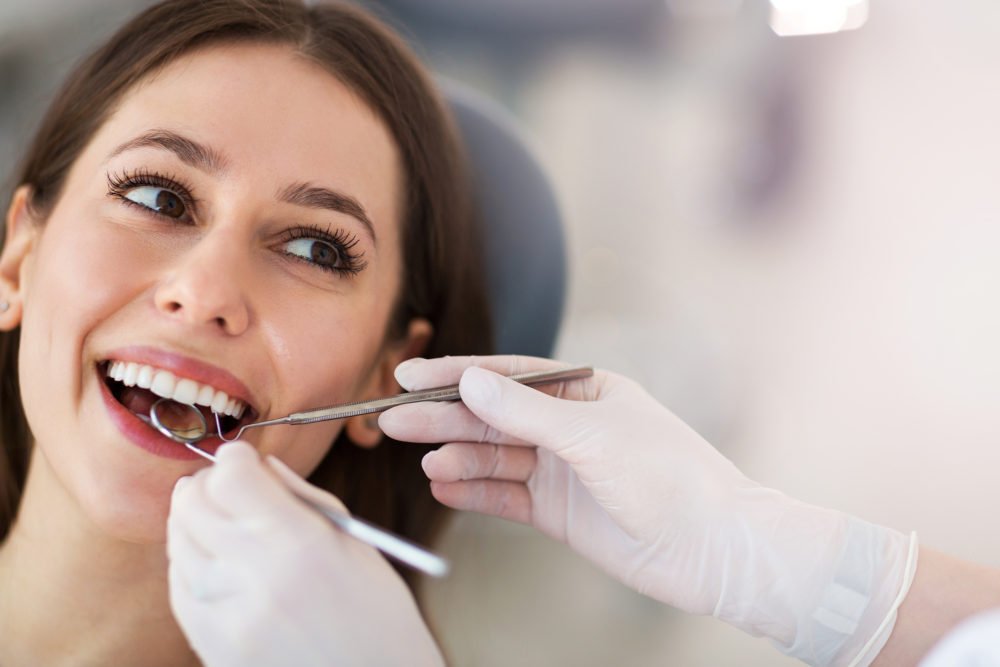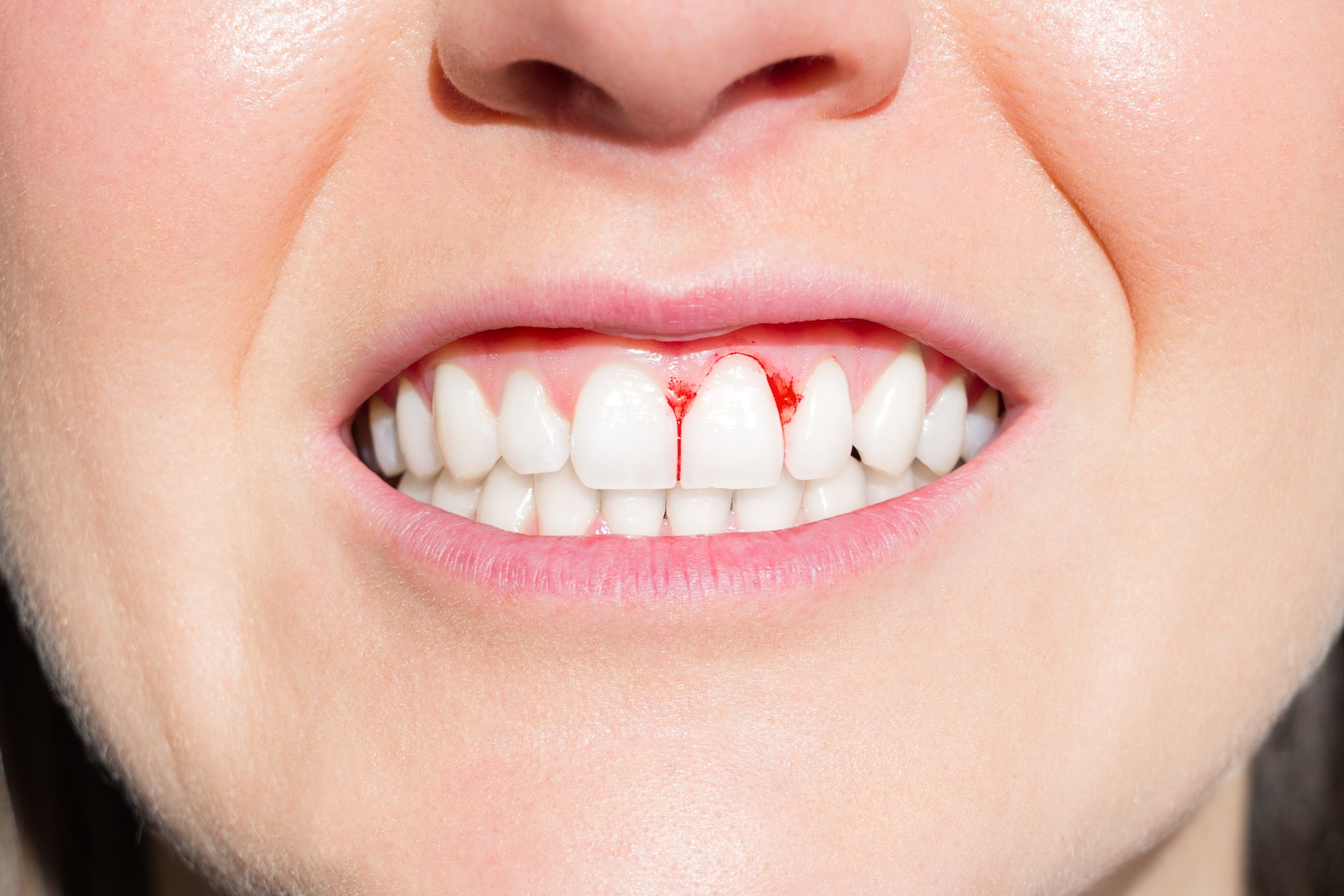
Your oral health is important. That’s why regular dental checkups and cleanings are essential for your overall health. But, even with proper oral hygiene and care, it’s still possible to experience dental damage due to decay or trauma. When this happens, you’ll need to seek restorative dentistry solutions (like a tooth crown!) as soon as possible.
At Magic Smiles Dental and Implant Centre, our talented and caring team specializes in custom-made dental restorations that look great and feel even better. So, if you need to reestablish and reinforce your smile, contact our Coffs Harbour office immediately at (02) 6652-3242 or online here.
What is a tooth crown?
A tooth crown–also known as a dental crown or cap–is a tooth-shaped covering placed over a single tooth. It is a common dental restoration used for:
- Protecting weakened or damaged teeth (often from dental decay)
- Reinforcing a broken or severely worn tooth
- Shielding a tooth after root canal therapy
- Covering dental implants
- Keeping dental bridges in place
A qualified dental professional permanently bonds a tooth crown to a damaged tooth. By covering a damaged tooth, dentists ensure that patients:
- Restore their natural chewing and speaking ability
- Prevent further damaging the tooth and surrounding teeth
- Reduce tooth sensitivity
Are there different kinds of dental crowns?
In short, yes! Patients can choose a dental crown that fits their unique health and aesthetic goals, including:
- All ceramic: All-ceramic caps–also known as porcelain crowns–are an aesthetically-pleasing option. This is because dentists can expertly color match the cap to their patients’ surrounding teeth. All-ceramic crowns are ideal for front teeth because they can look seamless when you smile.
- Metal: These dental crowns are more noticeable than all-ceramic crowns, but they are remarkably durable. So, patients who need a tooth crown on one of their back teeth may opt for a metal restoration.
- Porcelain-fused-to-metal: As the name suggests, this tooth crown offers benefits from both ceramic and metal restorations. This means that dentists can color match the ceramic cap to your surrounding teeth. However, the metal under the ceramic cap may appear as a dark shadow along the gum line.
- Zirconia: Zirconium dioxide is a heavy-duty, biocompatible type of ceramic. As such, it provides unparalleled strength and longevity as a dental restoration. However, zirconia tooth crowns may not be as aesthetically-pleasing as all-ceramic caps.
How long can I expect my tooth crown to last?
Experts estimate that dental crowns may last for over a decade with the proper care. So, patients are encouraged to:
- Brush at least twice daily
- Floss everyday
- Schedule regular dental checkups and cleanings
- Avoid tooth-damaging behavior, such as nail-biting, using teeth to open packaging, and eating excessively hard or sticky foods
How much do dental crowns cost?
Currently, patients can expect to pay between about $269 and $1,541 for a crown out of pocket.
However, patients who do not restore damaged teeth with a dental cap will run the risk of a painful tooth infection. If a damaged tooth gets infected, then a root canal may be necessary to prevent the infection from spreading. And a root canal could cost patients a few hundred dollars (in addition to the cost of a restorative crown!).
Protect your oral health—schedule an appointment today!
Untreated dental damage and decay can lead to increasingly painful and costly issues down the line. So, if you need restorative dental care, then don’t delay–contact one of our three offices online today!
Want to talk to us in person? Call the Magic Smiles team that’s closest to you!
- Woolgoolga: (02) 6654-0650
- Coffs Harbour: (02) 6652-3242






Recent Comments